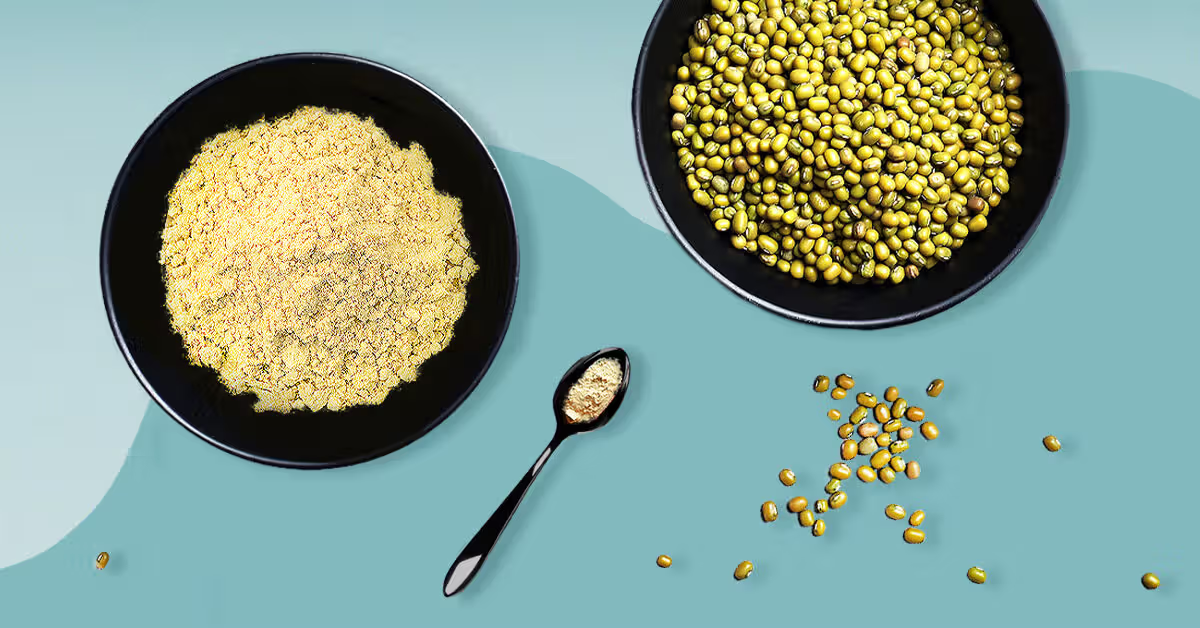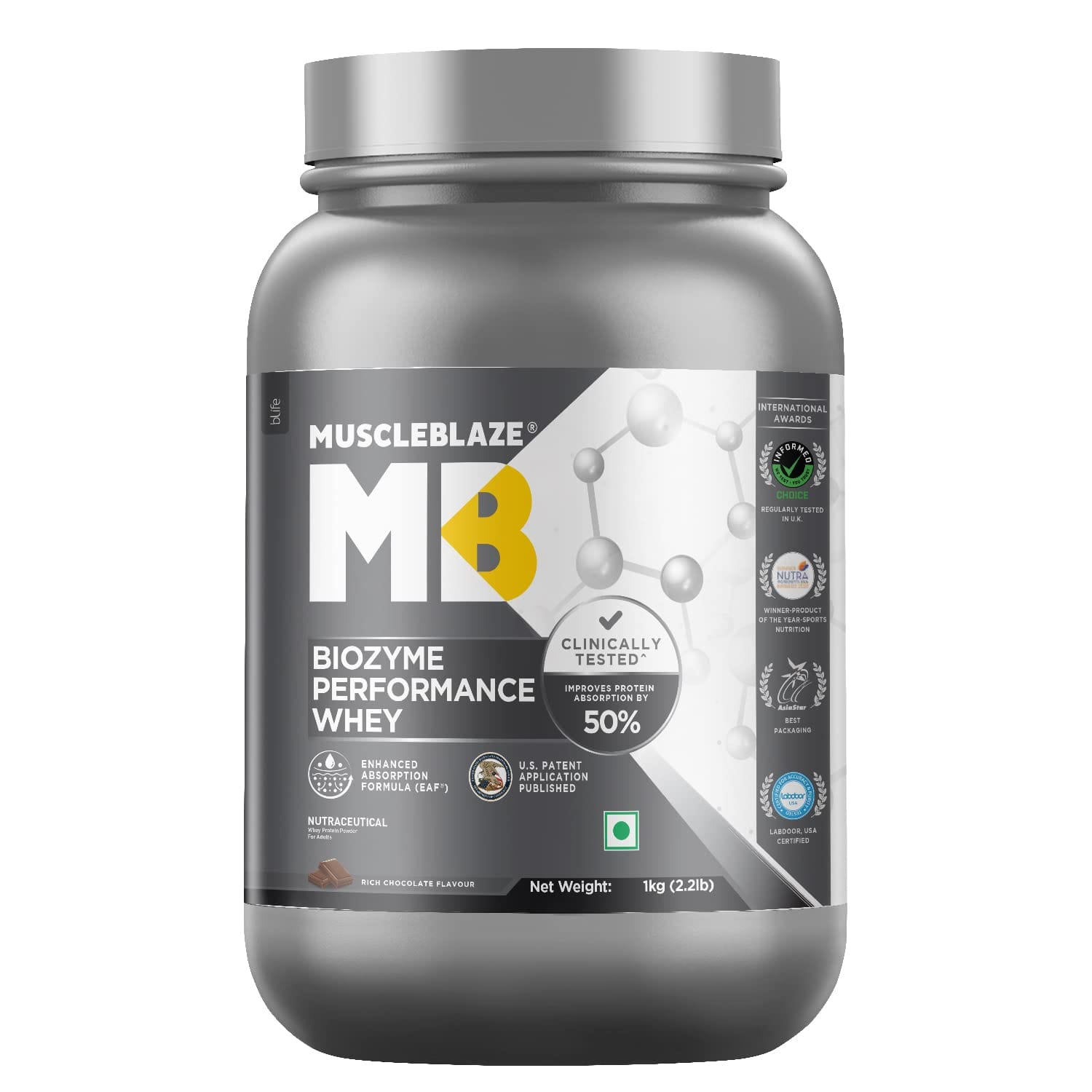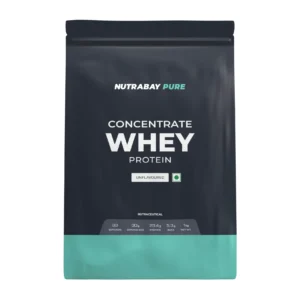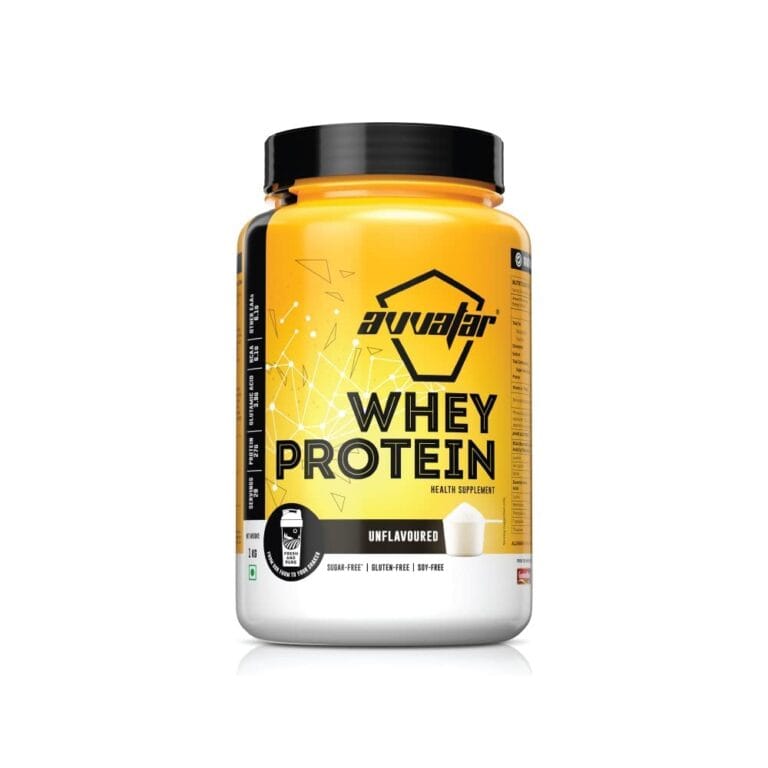Protein supplements are all of the rage with gymnasium rats and athletes in recent times, right? They’re just like the mystery sauce for muscle profits and all that good stuff. So, let’s chat about two large names within the protein global: pea protein and whey protein. I’ve got an editorial it truly is like the closing showdown between those . It’ll fill you in on what they’re manufactured from, what they could do for you, and the no longer-so-exquisite components too. This manner, you can determine out which one is your protein soulmate. Let’s dive in and spot if pea protein or whey protein is the one that’ll make your fitness goals come actual!
What Is the Difference Between Pea Protein and Whey Protein?
Pea protein and whey protein are two of the most popular protein supplements, but they have key differences in origin, nutrition, and digestibility. Whey protein is derived from milk during the cheesemaking process, making it an animal-based product that often contains lactose. In contrast, pea protein is plant-based, extracted from yellow split peas, and is naturally lactose-free and gluten-free.
Nutritionally, both provide similar amounts of protein per serving—typically around 22–27 grams per 30-gram scoop. However, whey protein tends to have slightly more protein and higher levels of certain essential amino acids, especially leucine, which is vital for muscle synthesis. Pea protein, on the other hand, offers more iron and fiber and is a good option for those with dietary restrictions or sensitivities.
How Do Pea Protein and Whey Protein Work in the Body?
Both pea and whey proteins are considered complete proteins, meaning they contain all nine essential amino acids necessary for muscle repair and growth. However, the amino acid profiles differ. Whey protein is especially rich in branched-chain amino acids (BCAAs), which are quickly absorbed and effective for post-workout recovery. Pea protein, while also containing BCAAs, is particularly high in arginine, supporting muscle metabolism and blood flow.
Whey protein is absorbed rapidly, making it ideal for immediate muscle recovery after exercise. Pea protein digests more slowly, providing a sustained release of amino acids, which can help with muscle repair over a longer period and promote satiety.
Best Uses: Who Should Choose Pea Protein or Whey Protein?
| Protein Type | Best For | Dietary Considerations | Key Benefits |
|---|---|---|---|
| Pea Protein | Vegans, vegetarians, those with lactose intolerance or dairy allergies | Plant-based, lactose-free, gluten-free | High in iron and fiber, sustained amino acid release, good for steady nourishment |
| Whey Protein | Those seeking rapid muscle recovery and high bioavailability | Contains lactose (unless using isolate/hydrolyzed forms), animal-based | Fast absorption, higher leucine content, excellent for post-workout muscle synthesis |
Recommended Choice: Pea Protein vs. Whey Protein—Which Is Better?
The best protein supplement depends on your individual needs and preferences:
- For Muscle Gain and Recovery: Whey protein is slightly superior due to its higher leucine content and faster absorption, making it ideal for athletes and those focused on rapid muscle repair.
- For Digestive Comfort and Dietary Restrictions: Pea protein is recommended for those who are vegan, lactose intolerant, or have dairy allergies. It is also a good option for those seeking more iron in their diet.
- For General Nutrition: Both are excellent sources of protein and can be used interchangeably depending on taste, dietary needs, and lifestyle preferences.








